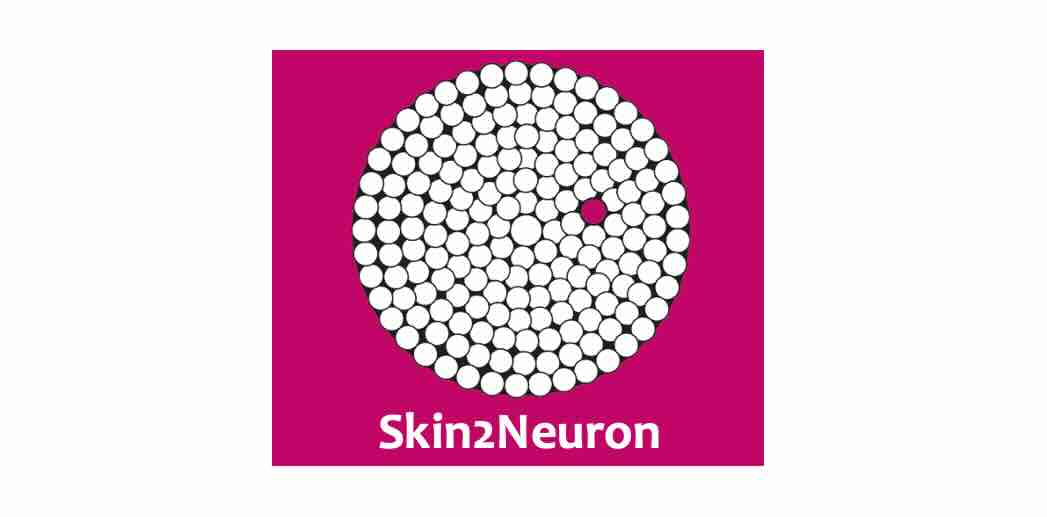October 21, 2024

Dear Limited Partners,
We welcome you to the third newsletter of SYNthesis BioVentures (“SYNBV”, or “Fund”). As previously noted, we will cover updates to the fund as well as highlight the science we find exciting and investable. As always, feedback is sought and welcome.
The investment is divided into two tranches, with 50% to be deployed upon close, and the remainder to be deployed on achievement of specific performance milestones.
Specifically, first tranche financing will be used to further optimise S2N’s manufacturing processes, making them compliant with TGA clinical standards. Notably, TGA standards are much more lenient towards first-in-human trials for cell therapies, making this a much faster and cost effective process in Australia. Once this is achieved and an HREC approval is obtained (i.e. approval to start clinical trials in Australia), the second tranche will be deployed with the capital to be used for the clinical program.
We opted to execute the transaction in two closes, with the first close totalling ~A$7.5M. Other investors into the first close of the round include select SYNBV Limited Partners, KP-Rx, Artesian Ventures, a US private investor and a major, global top 5 pharma partner, in what will be their first ever investment into an Australian biotech startup. With new management stepping in, we anticipate a second close in Q1 25.
Our working hypothesis is that a successful clinical trial has a significant chance of resulting in an acquisition by a leading CNS pharma company at a significant multiple rate of return to SYNBV investors. We anticipate reaching such data within 36 months from the time of investment.
From steering groundbreaking biotech innovations to orchestrating high-stakes financial transactions, Amir is an experienced contributor to the global life sciences landscape.
As one of the three Managing Directors SYNBV, he leverages a diverse background that spans molecular biology research, strategic leadership, and investment management.
After completing his B.Sc from Binghamton University in the US, Amir moved on to complete an M.Sc and PhD in Molecular Biology from the Weizmann Institute in Israel.
Following a stint as a management consultant, Amir moved to Industry, joining SoluBest Ltd, a drug delivery company, in 2006. Following a series of successful transactions he became CEO in 2009 and pivoted the company into a formulation CRO catering to the vibrant start-up drug development ecosystem in Israel. In 2012 he became CEO of Amorphical, a drug development company focusing on bone disease. His last position before coming to Australia was VP Business Development for BiondVax Pharmaceuticals (BNDX:NAS).
Moving to Australia in 2014, Amir became a healthcare investment manager at OneVentures and was part of a number of the key transactions, including the exit of Hatchtech to Dr Reddy’s ($280M), and investments into Bivacor, Madorra, Clinical genomics, Kira Therapeutics, and Prota. He joined Ceres Capital in 2019, managing a portfolio of listed healthcare equities. In 2020 he moved to the sell side, initiating numerous pre-IPO, IPO, and secondary financing transactions.
Amir is now focused on driving the growth of SYNthesis BioVentures, channelling his expertise in successful exits and transformative investments.
Web: www.skin2neuron.org
Alzheimer’s disease (AD) is a progressive neurodegenerative disorder that affects the brain, leading to memory loss, cognitive decline, and behavioural changes. It is the most common cause of dementia among older adults. Key features of the disease involve the loss of memory, decline in cognitive abilities, changes in behaviour including aggression and irritability, and finally the loss of motor abilities as the disease progresses to its terminal stages.
Alzheimer’s disease is characterized by specific changes in the brain, including:
Currently, there are no effective treatments for AD, with even the amyloid clearing drugs recently approved only able to effect a mild to moderate reduction in the rate of cognitive decline. No treatment has been shown to reverse the course of the disease in humans or other higher mammals— until now. S2N’s data on canine dementia stands as the exception.
S2N aims to develop a treatment for Alzheimer’s Disease based on seminal research carried out by Prof. Michael Valenzuela at Sydney University. His surprising finding of Neuronal Precursor Cells in hair follicles has led to the development of S2N’s proposed treatment whereby hair follicles will be harvested from patients, grown in a closed loop system, and re-injected into the memory creating centres of the same patients (the hippocampus).
Animal studies have shown significant improvement in memory functions, dementia, and Alzheimer’s disease; significantly, in a critical trial the company demonstrated the ability to reverse the course of dementia and render treated dogs “non-demented” within 3-6 months post procedure. Furthermore, histology data demonstrated an unprecedented ability of S2N’s cells to arrange themselves into functional neural networks which are able to supplant brain tissue that has been degraded by the disease.
While S2N’s solution is a treatment rather than a cure (since the underlying causes of AD are not yet fully understood and thus cannot be addressed), it is estimated that together with an improving standard of care (i.e. cutting edge therapeutics capable of slowing down the disease) and lifestyle changes, the proposed treatment will be able to add 10-15 years of functional cognition to early stage AD patients.